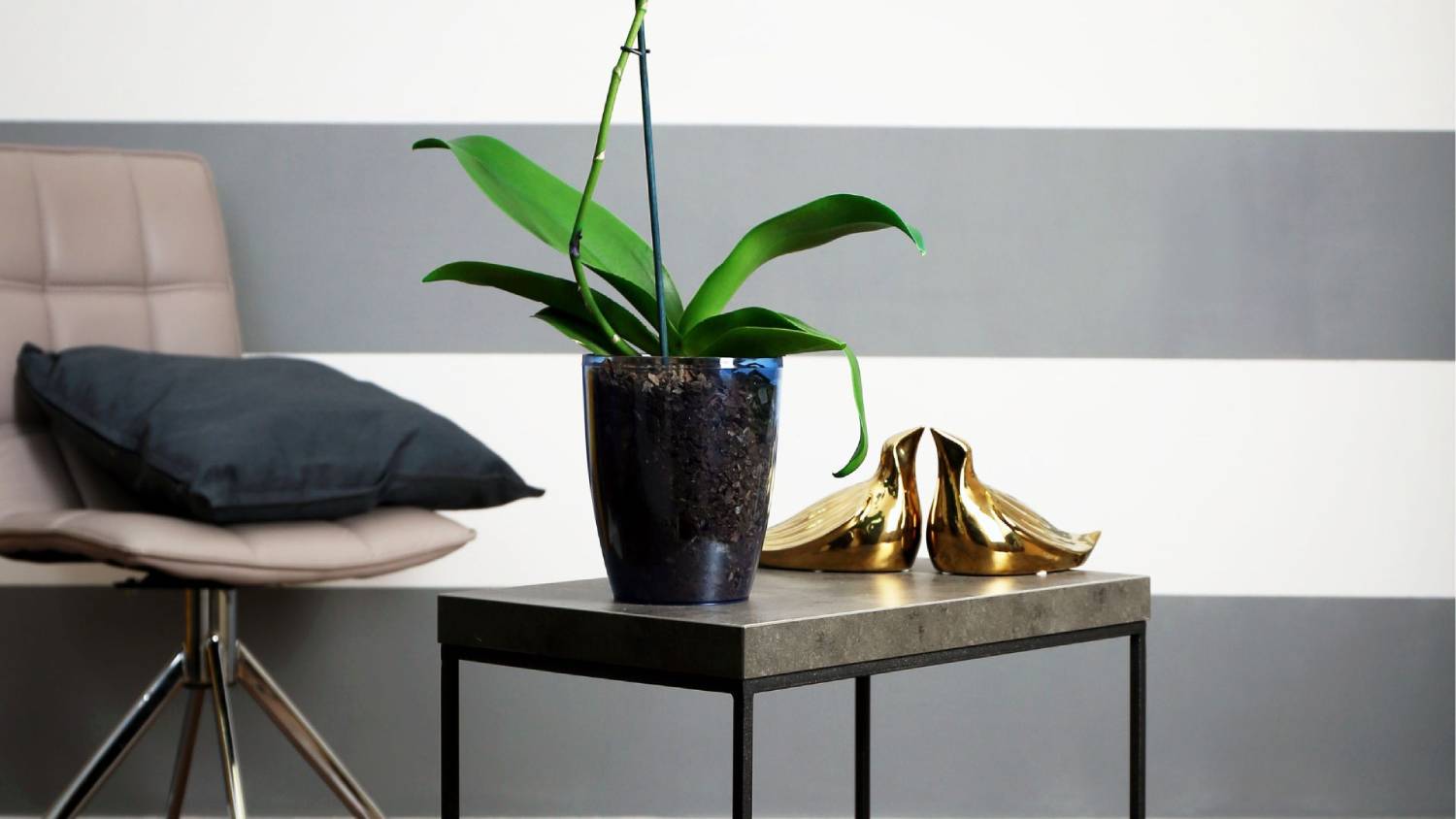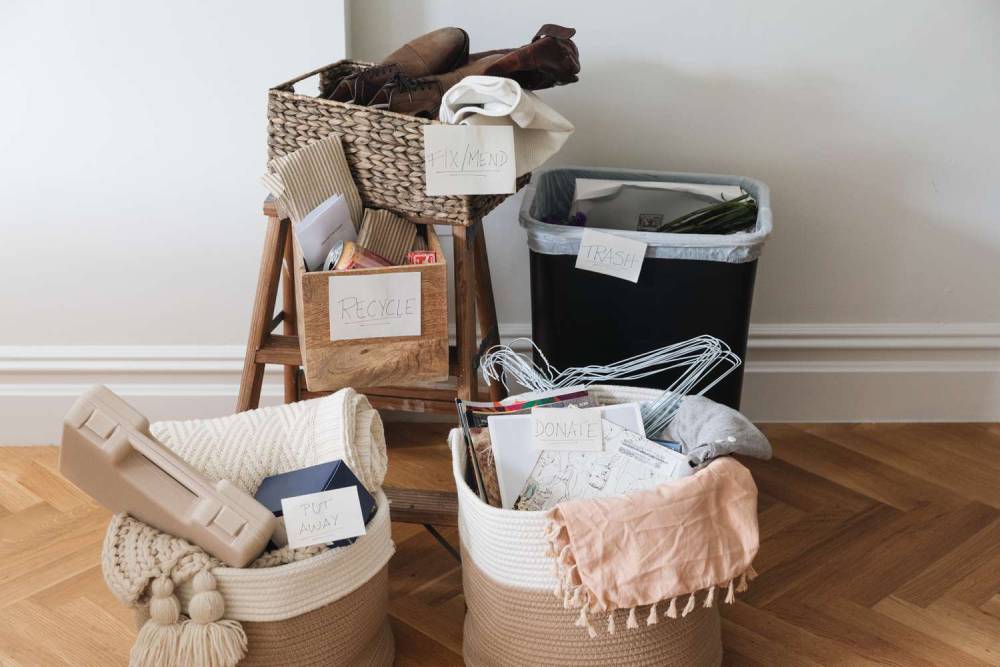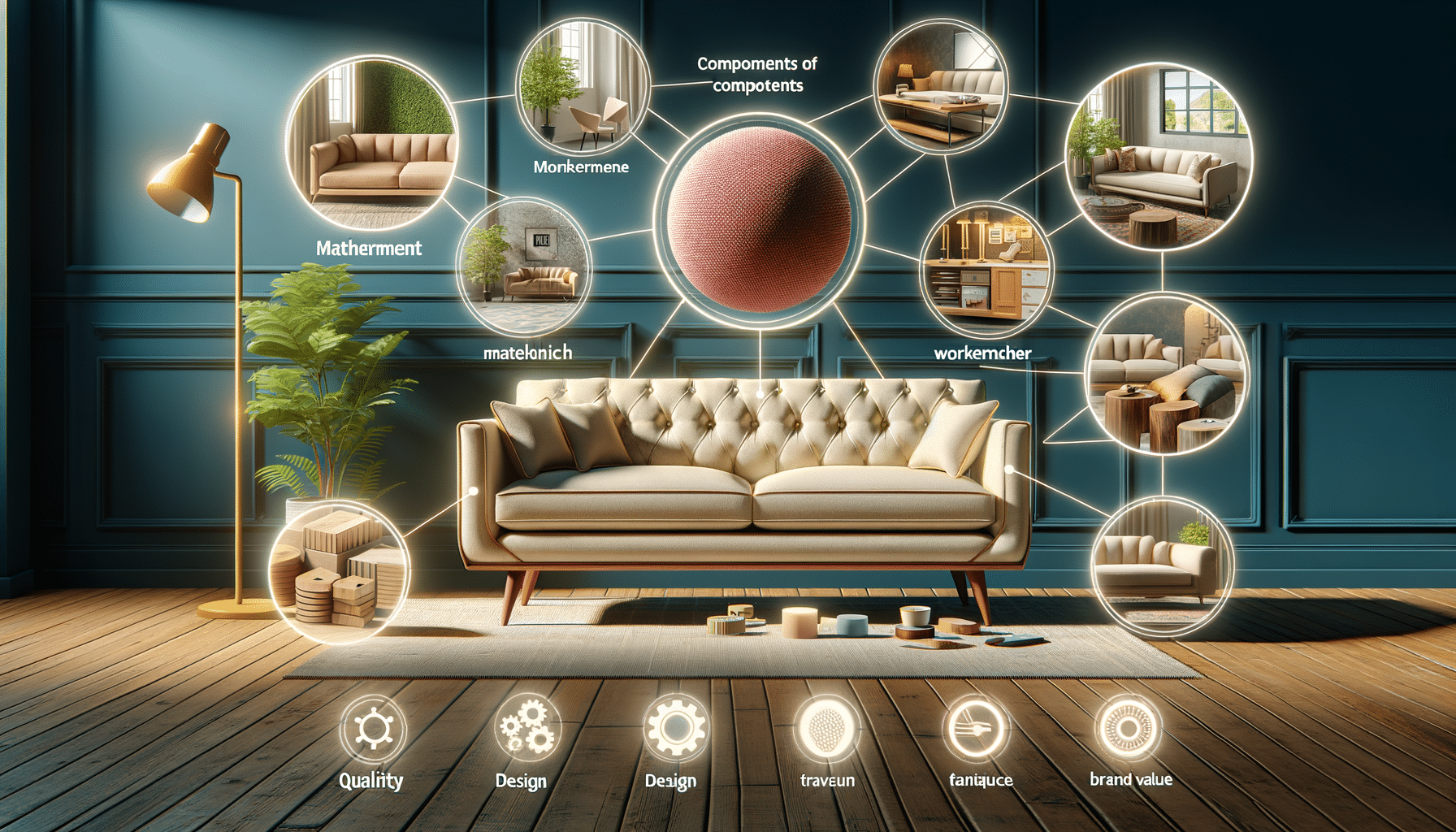
Why Owning Fewer Things Can Make You Richer
In the current era, consumerism reigns supreme. The idea that owning fewer things can actually make you richer might seem counterintuitive. Many financial and lifestyle experts say that a minimalist mindset can lead to financial independence and well-being.
Minimalism isn’t about deprivation; it’s about making intentional choices. Shifting focus from material possessions to what truly adds value can help people. It frees up money, lowers stress, and boosts wealth in both financial and personal areas.
This blog explores minimalist wealth. It shows how cutting down on clutter can boost your finances and personal growth. Adopting a simpler, more intentional lifestyle can bring benefits. It can help you achieve greater financial stability. You might also enjoy a richer life experience and find long-term success.
Key Benefits: Why Minimalism Leads to Wealth
1. Embracing Minimalist Wealth
Minimalist wealth focuses on smart money choices. It’s about aligning your decisions with long-term goals instead of giving in to short-term wants. When people cut back on extra spending, they can save more. This money goes toward investments and experiences that make life better.
A UK Office for National Statistics 2022 study found that the average household spends approximately £3,000 annually on non-essential items. Cutting back on impulse buys, unwanted subscriptions, and extra items can help people save a lot over time. These savings can then be invested, leading to long-term financial growth and stability.
Minimalist wealth brings several psychological benefits. It reduces stress, cuts down money worries, and boosts life satisfaction. Owning less means less worry about maintenance, storage, or replacements. This creates more space for financial freedom and personal fulfilment.
2. The Financial Freedom Equation
Financial freedom is not just about earning more money. It’s about controlling spending and making smarter financial decisions. The more conscious one is about spending, the easier it becomes to create wealth.
Minimalism helps individuals break free from the paycheck-to-paycheck cycle by encouraging mindful consumption. When you own fewer things:
- You spend less on maintenance, repairs, and replacements.
- You avoid debt from unnecessary purchases.
- You redirect money into savings, investments, or personal development.
For example, imagine an individual who spends £200 per month on non-essential items. By adopting a minimalist mindset, they could invest that £200 into a high-yield savings account or an investment portfolio. Over 10 years, with compound interest, this could grow into a substantial amount.
3. Conscious Consumerism: A Path to Riches
Conscious consumerism is a key element of minimalist wealth. It means choosing what to buy carefully. You should make sure your purchases match your values and support your long-term financial goals. This approach prevents wasteful spending and encourages sustainable financial habits.
By practising conscious consumerism, individuals can:
- Prioritise quality over quantity (buying fewer, better-made products that last longer).
- Reduce impulse purchases by implementing a waiting period before making a decision (such as the 30-day rule).
- Support ethical brands that align with their values, leading to a more meaningful spending experience.
Research shows that people who spend mindfully feel more secure with their finances. They also experience less stress about money. A report from The Money Advice Service UK shows that almost 40% of Britons regret impulsive buys. This suggests that being a mindful shopper can help avoid financial regret and promote better money management.
Step-by-Step Guide to Minimalist Wealth

Step 1: Declutter Your Life
Decluttering is the first step in adopting a minimalist financial mindset. It involves evaluating possessions and eliminating items that no longer serve a purpose.
The 30-Day Decluttering Challenge:
- Remove one item from your home each day for 30 days.
- Sell, donate, or recycle items that don’t add value to your life.
- Experience the mental and financial benefits of a clutter-free space.
Selling unwanted items on eBay or Facebook Marketplace can bring in extra cash. This helps show the financial perks of minimalism.
Step 2: Reassess Your Spending Habits
To gain control over finances, it is essential to track expenses and identify unnecessary spending.
Case Study: The Latte Factor
- The “Latte Factor” refers to small, habitual purchases that add up over time.
- A person who buys a £3 coffee daily spends approximately £1,095 annually.
- Redirecting this money into an investment account with a 5% annual return could result in thousands of pounds over a decade.
Step 3: Invest in Experiences, Not Things
Studies show that experiences bring more lasting happiness than material possessions. Focusing on travel, education, and personal growth helps people make lasting memories. These experiences bring long-term value, unlike material goods.
Statistics:
A Cornell University study found that people feel happier from experiences than from things. Experiences help us grow and build stronger social ties.
Step 4: Adopt a Sustainable Lifestyle
Sustainable living aligns with minimalist wealth principles. It means making smart choices for the environment and your wallet. Buy high-quality, long-lasting products to cut down on waste.
Example: The Capsule Wardrobe
- A capsule wardrobe consists of a limited number of versatile clothing items.
- It reduces the need for frequent shopping, leading to significant cost savings.
- Streamlining your wardrobe also simplifies daily decision-making and reduces stress.
Expert Tips & Common Mistakes to Avoid

Best Practices for Minimalist Wealth
- Automate savings and investments.
- Regularly assess financial goals and spending habits.
- Practice gratitude to reduce the temptation of unnecessary purchases.
Common Pitfalls to Avoid
- Equating minimalism with deprivation.
- Failing to plan for meaningful purchases.
- Decluttering only to replace items with new purchases.
Advanced Insights: The Psychological Benefits of Minimalism
Minimalism is not just a financial strategy. It also has psychological benefits that enhance overall well-being.
1. Reducing Decision Fatigue
Having fewer possessions simplifies daily decision-making, reducing mental clutter and increasing productivity.
2. Lower Stress and Anxiety
A clutter-free environment leads to a more peaceful mindset, which can improve focus and overall mental health.
3. The Role of Digital Minimalism
Minimalism in digital spaces helps you focus better and manage time well. You can achieve this by organising files, unsubscribing from unwanted emails, and cutting down on social media distractions.
The Wealth of Simplicity
Owning fewer things isn’t about sacrificing comfort or luxury—it’s about gaining freedom. Embracing minimalist wealth principles helps people escape consumer pressures. They can save money and focus on what truly brings joy and fulfilment.
Minimalism is a powerful tool for financial success and personal well-being. Embrace mindful spending, declutter, and invest in experiences instead of things. This way, you can build a life that is financially stable and fulfilling.
So, ask yourself: Are you spending your money on things that truly add value to your life? If not, maybe it’s time to start your journey towards minimalist wealth today.


